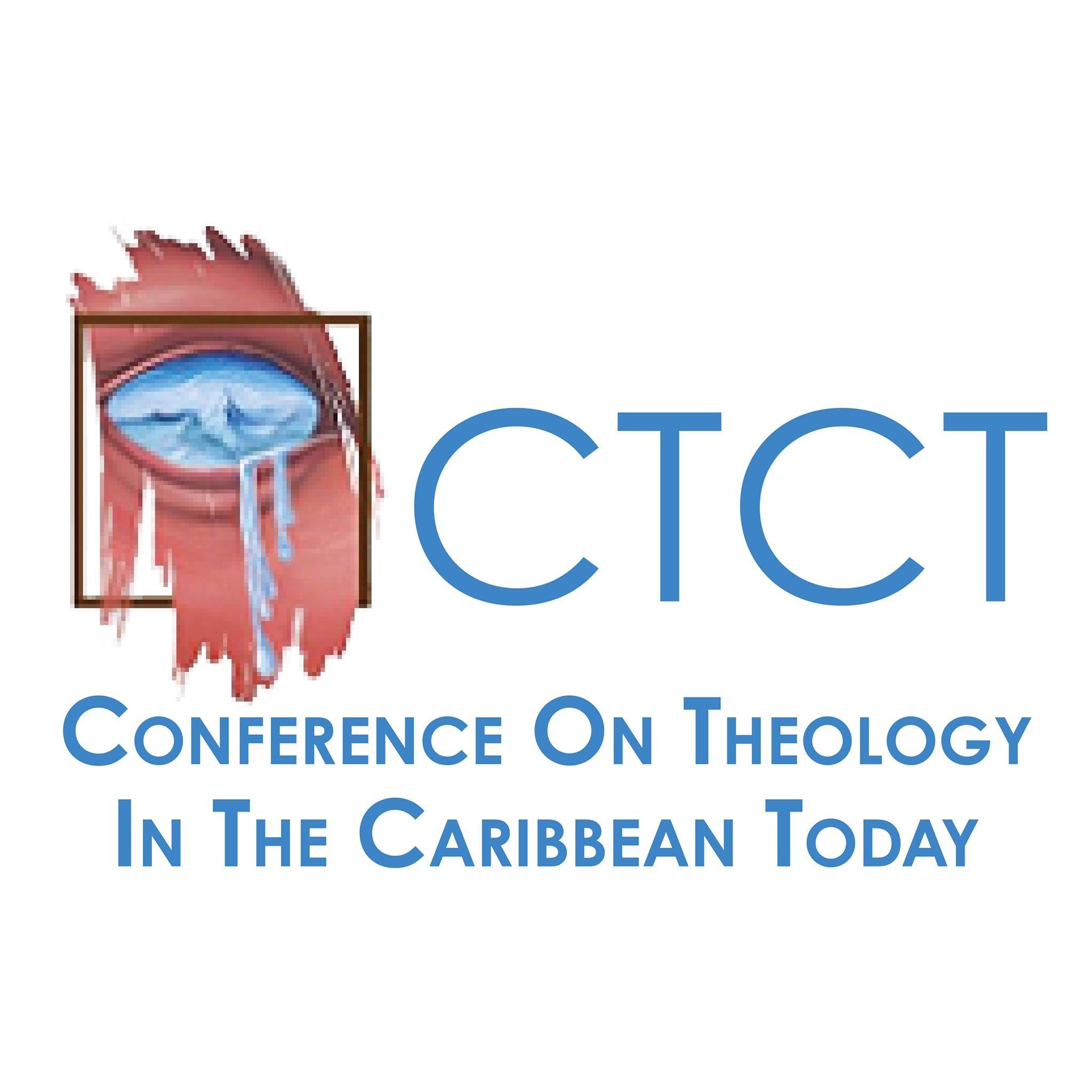Blog Detail
Blog Detail
Living Life on the Ledge: Listening to discern
” The Church may be both hierarchical and collegial but Pope Francis intends that in her interiority she will be synodal.”
This quote is taken from ” Conversations with Archbishop J,” in the Catholic News, dated, Oct. 24th.

I am not merely sitting on the ledge watching life go by, I am also on the journey of Synodality. Movement is required for that- mentally, intellectually, psychologically and spiritually. It is primarily, for me, a movement of “interiority.”
Journeys of interiority are never about destination. It is about process. It is about being engaged in dialogue. It may be done in solitude, but one is never ‘ solitary.’ There is companionship, presence, company blended into the ebb and flow of solitude.
It is a time of attentiveness and listening that requires that we cross the borders of physical being and enter the space of awareness. Awareness of being participants in the movement taking place. In this case, we can identify this movement as the Spirit of God, like a soaring, surging wave moving within the Church.
As a teacher, I learnt that listening is a powerful tool for learning. But even more, it leads us to become recipients of the gift of discernment. In my very early years of teaching, I was assigned to teach in the rural/ agricultural area of Cumuto. The school was identified as a Catholic School, but the school population of almost two hundred plus pupils were predominantly Hindus. Approximately 95 percent. The remnant was just a mere sprinkle of practising Catholics. Though very inexperienced and totally unaware of the term “catechesis” (that came years later) I attempted to teach religious education in my classes where only two or three pupils were Catholics.
Some of the teachers believed that teaching religious education was futile.
I disagreed. I decided to accompany my Parish Priest who celebrated mass once a month in the very ” elderly” wooden building that we called the Catholic School.
That building sometimes shook when he walked. His weight was a little overwhelming for the flooring boards at that time!
But the years at this primary school led to some very interesting contacts with the Hindu community. I received many greasy bags of “parsad” that the children shared frequently after the many pujas held. These gifts were a delight for my Indo first cousins whose father (and my Godfather) was of Indo/Hindu background but had no connections with these practices.
Some of the pupils, just five or six years younger, gathered around my desk at lunch time for chats. I received comic books about Ram and Sita, Hanooman, Lord Shiva, Mother Lakshmi and other spiritual figures of the Hindu faith.
I received invitations to bring greetings on behalf of Christians at the Divali celebrations in the village and I did so.
Slowly, I discovered that even in attending to teaching the faith to the handful of Catholics, I was listening and learning about the faith experiences of others. I valued and cherished this to the extent that Interreligious Dialogue, later became a topic that I wished to study and reflect on.
As far as I am aware, Interreligious Dialogue, has become a fundamental aspect of the Church’s mission as both a sign and a promoter of the Kingdom of God.
For me, the synodal mentality, is grounded in an ongoing openness to Dialogue – within and without. Interiority is essential to movement and exterior actions, that makes the Church – the mission and missionary of Christ!
Listening, therefore, is essential to this synodal experience.
We listen to learn. We listen to discern. We listen because our mission is given to us through the Gospel Story of Bartimaeus, the blind beggar, who shouted and pleaded: “Son of David, have pity on me.”
Our mission as Church must be to stop, like Jesus and say: “Call him here.”
“Here” is the Church. ” Here” is not only the place, but space and the moment we embrace as part of the listening process in dialogue. “Here” is the synodal context of this time.
We will discern that we as Church can also be perceived as ” the blind beggar.”
We need to be healed. We will be healed because of our faith in Jesus Christ.
Likewise we will discern that we are the respectful, compassionate, loving, caring presence of the Son of David, that stops to listen.
We will continue to discern that the Church’s role is also it’s missioning through action and activity, to be always available and accessible to those whose cries are not heard in the hustle and bustle of living.
These are the forgotten, silenced, dismissed ones who live on the periphery of humanity. They sit outside temples, mosques, places of worship, in the marketplaces where the poor, the vulnerable, the powerless exist.
They are ” there” wherever brothers and sisters are exiled to live.
We are discerning more and more that the most vulnerable amongst us include members of the natural world, God’s creation.
We are mandated even through scientific research and studies and the stark reality of climate change that we must stop and take note of “these vulnerables” as well.
We must stop and ask of ourselves:
“What can we do for our earthly home in the light of global warming and its impact on life as a whole?”
“What can we do or participate in or support to save our earthly home for future generation?”
“What can we do?”
Synodality is also solidarity with the entire creation.
Don’t you agree?
Dianne Diaz.
